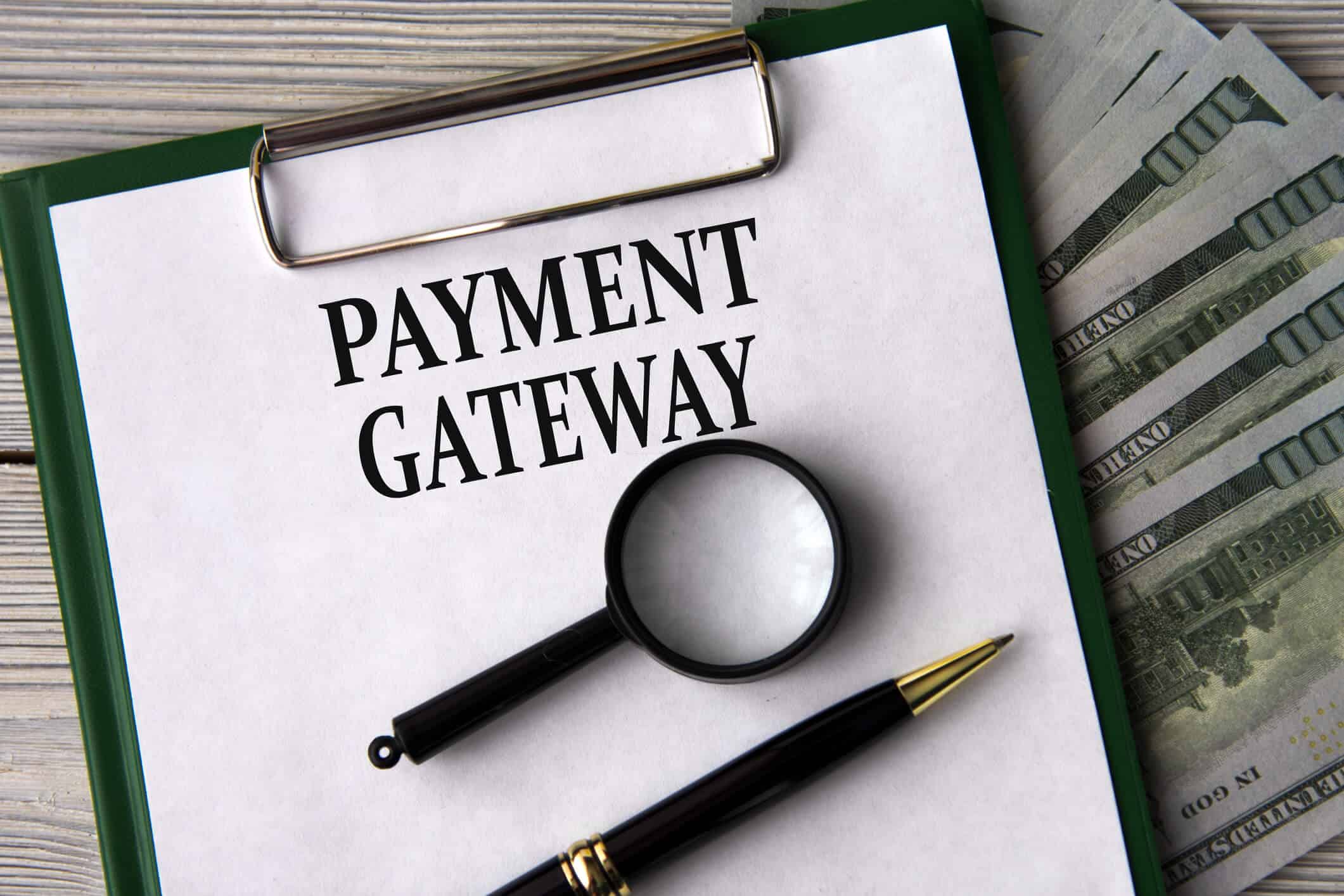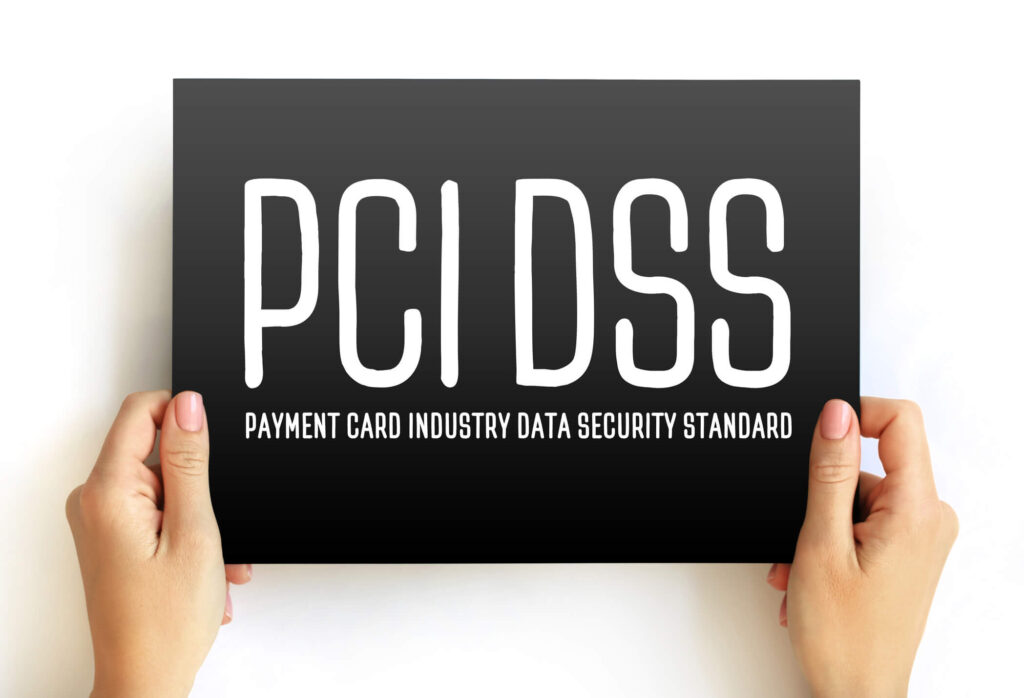
By American April 20, 2024
A hosted payment gateway is an essential component in the e-commerce ecosystem, facilitating the secure and efficient processing of online payments. This guide provides a comprehensive overview of hosted payment gateway, covering how they function, their benefits, potential drawbacks, and frequently asked questions. By the end of this guide, you will have a deeper understanding of how these payment gateways can benefit your business and what to consider when choosing one.
What is a Hosted Payment Gateway?
A hosted payment gateway is a type of payment processing solution that allows businesses to securely accept online payments from their customers. Unlike non-hosted payment gateways, which require businesses to handle the payment process on their own servers, hosted payment gateways redirect customers to a secure payment page hosted by the gateway provider. This ensures that sensitive payment information, such as credit card details, is transmitted and stored securely, reducing the risk of data breaches and fraud.
Understanding the Basics of a Hosted Payment Gateway
To fully grasp the concept of a hosted payment gateway, it is essential to understand its basic components and how they interact. A hosted payment gateway typically consists of three main elements: the merchant’s website or application, the payment gateway provider, and the payment processor. When a customer initiates a payment on the merchant’s website, the payment gateway securely transmits the payment information to the payment processor, which then communicates with the customer’s bank to authorize and process the transaction.
How Does a Hosted Payment Gateway Work?
The working mechanism of a hosted payment gateway can be broken down into several steps. First, the customer selects the desired products or services on the merchant’s website and proceeds to the checkout page. At this point, the customer is redirected to the secure payment page hosted by the payment gateway provider. On this page, the customer enters their payment details, such as credit card information, and submits the payment.
Once the payment information is submitted, the payment gateway encrypts the data to ensure its security during transmission. The encrypted payment information is then sent to the payment processor, which communicates with the customer’s bank to authorize the transaction. If the transaction is approved, the payment processor sends a confirmation message back to the payment gateway, which in turn notifies the merchant’s website of the successful payment. The customer is then redirected back to the merchant’s website, completing the payment process.
Benefits of Using a Hosted Payment Gateway
Using a hosted payment gateway offers several benefits for businesses. Let’s explore some of the key advantages:
Enhanced Security and Fraud Protection
One of the primary benefits of using a this payment gateway is enhanced security. By redirecting customers to a secure payment page hosted by the gateway provider, businesses can ensure that sensitive payment information is transmitted and stored securely. Hosted payment gateways often employ advanced encryption technologies to protect customer data, reducing the risk of data breaches and fraud.
Seamless Integration and Customization Options
A smooth and streamlined checkout process is crucial for maximizing conversions and providing a positive user experience. A hosted payment gateway can help optimize the checkout process by reducing friction and simplifying the payment flow. By redirecting customers to a secure payment page hosted by the payment gateway provider, businesses can eliminate the need for customers to navigate away from the e-commerce website. This reduces distractions and ensures a seamless transition from product selection to payment completion.
Simplified PCI Compliance
Payment Card Industry Data Security Standard (PCI DSS) compliance is a crucial requirement for businesses that handle credit card information. Non-compliance can result in hefty fines and reputational damage. By using a hosted payment gateway, businesses can simplify their PCI compliance efforts. Since the payment information is handled by the gateway provider, the burden of maintaining PCI compliance falls on the provider, reducing the compliance responsibilities for the merchant.
Improved Customer Experience
A seamless and secure payment process is essential for providing a positive customer experience. Hosted payment gateways offer a user-friendly interface and a familiar payment flow, ensuring that customers feel confident and comfortable during the payment process. Additionally, these payment gateways often support multiple payment methods, allowing customers to choose their preferred payment option, further enhancing the customer experience.
Choosing the Right Hosted Payment Gateway Provider
Selecting the right hosted payment gateway provider is crucial for businesses looking to implement this payment processing solution. Here are some factors to consider when choosing a provider:
Factors to Consider When Selecting a Provider
- Security: Ensure that the payment gateway provider follows industry-standard security protocols, such as PCI DSS compliance, to protect customer payment information.
- Integration Options: Look for a payment gateway provider that offers seamless integration with popular e-commerce platforms and shopping carts, making it easier to set up and manage payments.
- Payment Methods: Check if the payment gateway supports a wide range of payment methods, including credit cards, digital wallets, and alternative payment options, to cater to diverse customer preferences.
- Pricing Structure: Evaluate the pricing structure of the payment gateway provider, including transaction fees, setup fees, and any additional charges, to ensure it aligns with your business’s budget and requirements.
- Customer Support: Consider the level of customer support provided by the payment gateway provider, including availability, response time, and support channels, to ensure prompt assistance in case of any issues or queries.
Top Hosted Payment Gateway Providers in the Market
There are several reputable hosted payment gateway providers in the market. Some of the top providers include:
- PayPal: PayPal is a widely recognized and trusted payment gateway provider that offers a hosted payment solution called PayPal Payments Standard. It provides a seamless checkout experience and supports various payment methods.
- Stripe: Stripe is a popular payment gateway provider known for its developer-friendly APIs and robust security features. It offers a hosted payment solution called Stripe Checkout, which allows businesses to easily integrate and customize the payment page.
- Authorize.Net: Authorize.Net is a long-standing payment gateway provider that offers a hosted payment solution called Simple Checkout. It provides a user-friendly interface and supports multiple payment methods.
Implementing a Hosted Payment Gateway: Step-by-Step Guide
Implementing a hosted payment gateway involves several steps. Let’s walk through the process:
Step 1: Research and Select a Provider
Start by researching different hosted payment gateway providers and comparing their features, pricing, and reputation. Consider the factors mentioned earlier, such as security, integration options, customization, and payment methods. Choose a provider that aligns with your business requirements and goals.
Step 2: Set Up an Account and Configure Settings
Once you have selected a provider, sign up for an account and configure the necessary settings. This may include setting up your business profile, specifying your preferred payment methods, and customizing the payment page to match your branding.
Step 3: Integrate the Gateway with Your Website or Application
Next, integrate the hosted payment gateway with your website or application. Depending on the provider, this may involve installing a plugin, adding code snippets, or using APIs. Follow the provider’s documentation and guidelines to ensure a smooth integration process.
Step 4: Test and Launch the Payment Gateway
After integrating the hosted payment gateway, thoroughly test the payment process to ensure everything is functioning correctly. Test various scenarios, such as successful payments, declined payments, and error handling. Once you are satisfied with the testing results, launch the payment gateway and start accepting online payments.
Common Challenges and Solutions when Implementing a Hosted Payment Gateway
While implementing a hosted payment gateway can bring numerous benefits, businesses may encounter certain challenges along the way. Here are some common challenges and their solutions:
- Integration Complexity: Integrating a hosted payment gateway into an existing e-commerce website can be complex, especially if the website has custom features or functionalities. To overcome this challenge, businesses should work closely with the payment gateway provider and their development team to ensure a smooth integration process.
- Payment Method Support: Different customers prefer different payment methods. It’s important to ensure that the hosted payment gateway supports a wide range of payment options to cater to diverse customer preferences. This can be achieved by selecting a payment gateway provider that offers a comprehensive list of supported payment methods.
- Payment Gateway Downtime: Payment gateway downtime can disrupt the checkout process and lead to lost sales. To mitigate this risk, businesses should choose a payment gateway provider with a reliable infrastructure and a proven track record of uptime. It’s also advisable to have a backup payment gateway in place to minimize the impact of any potential downtime.
Frequently Asked Questions
Q.1: What is the difference between a hosted payment gateway and a non-hosted payment gateway?
A hosted payment gateway redirects customers to a secure payment page hosted by the gateway provider, while a non-hosted payment gateway requires businesses to handle the payment process on their own servers. Hosted payment gateways offer enhanced security and simplified PCI compliance, while non-hosted gateways provide more control and customization options.
Q.2: Can I customize the look and feel of the hosted payment gateway?
Yes, most hosted payment gateway providers offer customization options. You can typically customize the payment page to match your branding by adding your logo, choosing colors, and modifying the user interface to some extent.
Q.3: How secure are hosted payment gateways?
Hosted payment gateways prioritize security and employ various measures to protect customer data. These measures may include encryption, tokenization, fraud detection tools, and compliance with industry security standards such as PCI DSS.
Q.4: Do I need to be PCI compliant if I use a hosted payment gateway?
While using a hosted payment gateway can simplify PCI compliance efforts, businesses still need to ensure that they meet certain requirements. It is essential to understand the specific compliance responsibilities of both the merchant and the hosted payment gateway provider.
Q.5: Can I accept international payments with a hosted payment gateway?
Yes, most hosted payment gateways support international payments. However, it is important to check if the provider supports the specific currencies and payment methods required for international transactions.
Conclusion
In conclusion, a hosted payment gateway simplifies online transactions for e-commerce businesses. It offers numerous benefits, including enhanced security, simplified integration, and a seamless user experience. By securely transmitting and storing customer payment information, businesses can protect sensitive data and build trust with their customers.



